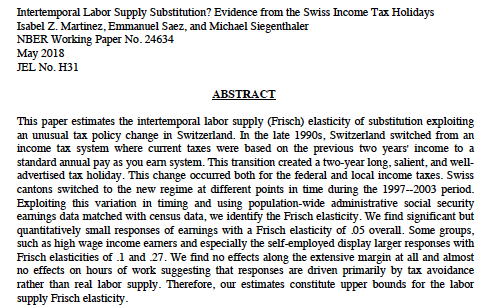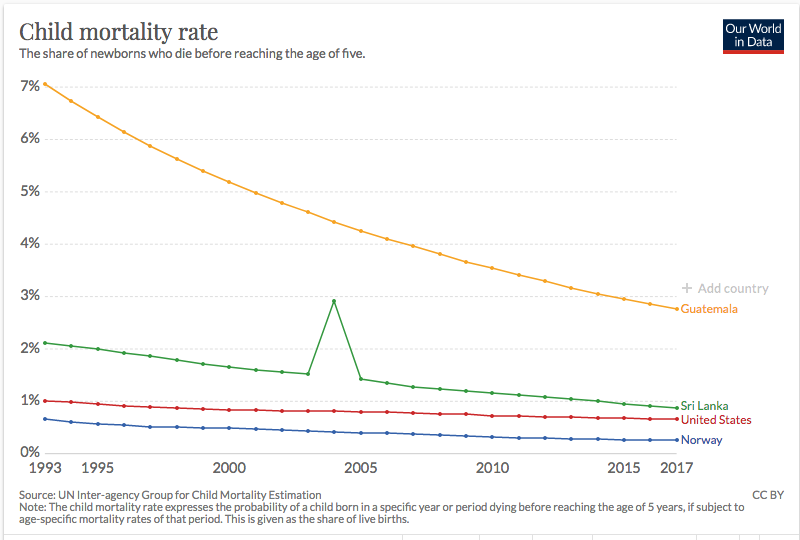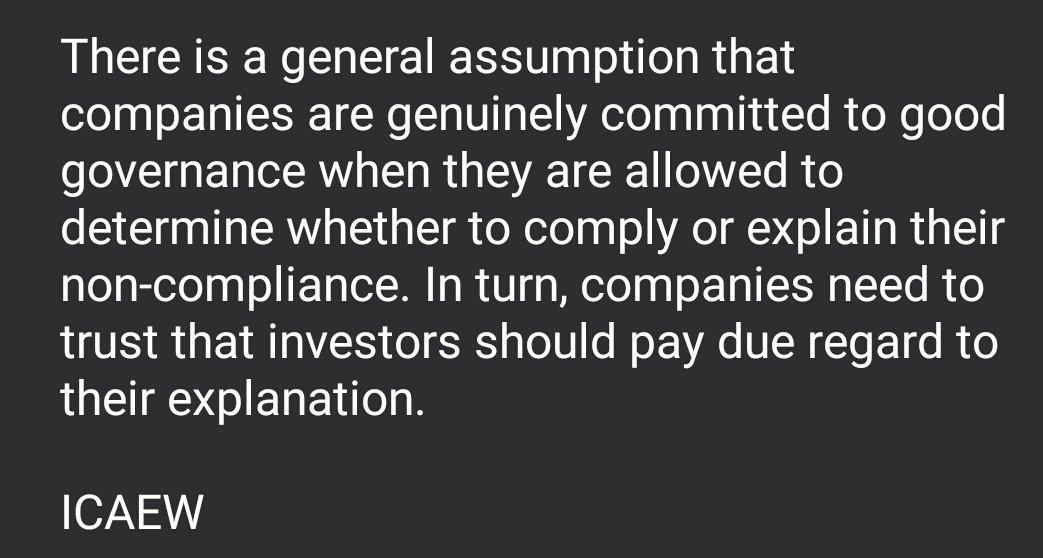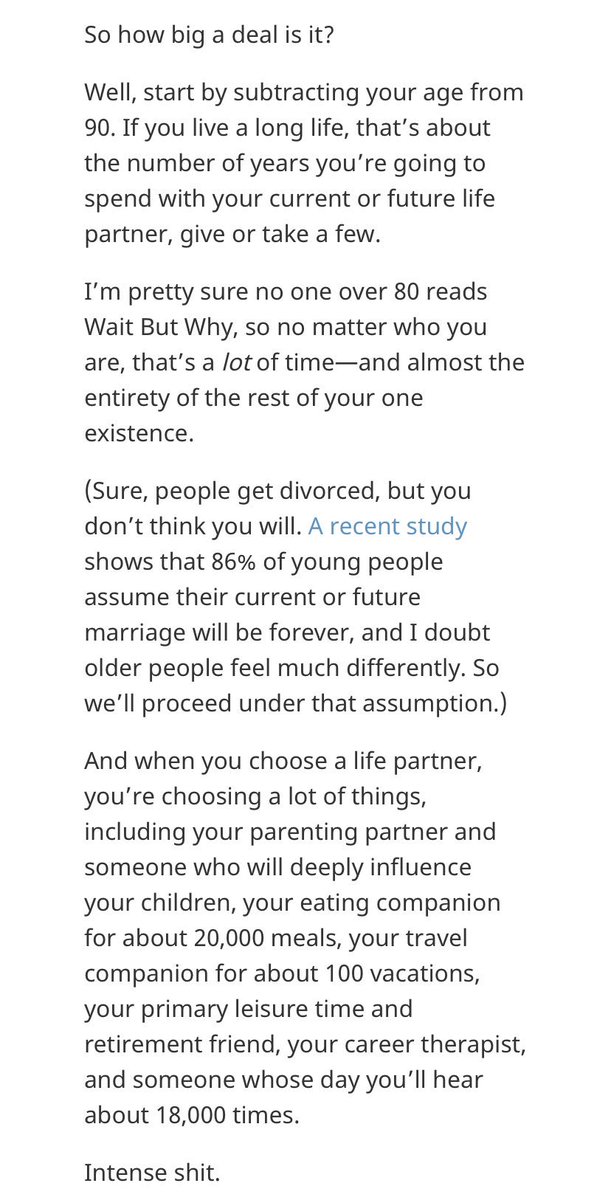"Not only is it possible, but we have already made considerable progress in the last 30 years. The number of extremely poor people has been halved, infant and maternal mortality have been halved."
This is a testimony to the fact that some countries grow fast. But not only."
Also, growth is often outside the control of local politician, because it's hard to know what kind of policies are going to change growth.
But what is in the control of politicians is a focus on human welfare."
"We are experiencing some changes similar to the industrial revolution. Periods of disruption. Where there were great changes that improved things a lot in the long-term, but not without enormous amount of pains & suffering."
In Victorian times, we considered the poor to be a priori suspicious of being lazy & needing to be punished for needing help. Today we are very much operating under the same model."
People are stuck in place not because they are lazy or lack imagination. But because of material & personal factors."
"It's very difficult to move when your child care depends on your extended family and there's no public child care. When housing in the city where the jobs are is incredibly expensive. When you have a mortgage but the local housing prices have collapsed."
Even if you could get a job selling furniture as an entry level position or being security guard at a furniture store. That's not giving you back your dignity or status in life"
People also deeply care about is friends, relationships & status in community. There's a huge epidemic of loneliness.
If the jobs go, people are supposed to go, all alone, and start again from scratch? Economists have not paid enough attention to that."
What's very surprising about migration flows is not how high they are, but how low they are. E.g. in the European Union, with free mobility, even in the face of huge shocks like the Greek crisis, Greeks mostly stayed."
It's not a surprise that as a result a lot of successful entrepreneurs are migrants or children of migrants. Because they're the type of people who choose to pick up & make a living."
We have to make a society that works for the majority of people, not the extremely motivated ones."
"Study after study all come to the conclusion that the effect of migration on low skilled wages is zero. Even when you have big waves of migrants.
Neither when migrants were sent back home, nor when migrants arrived, did low-income wages change."
- When migrants come, they also consume, which creates new jobs.
- Migrants don't directly compete for jobs with natives, they usually get the jobs that nobody wants.
- When farm labor migrants got sent home, farmers mechanized instead."
How do we know? E.g. because we were not flooded by Greeks. People prefer to stay home. Or in India: many stay in the country side, despite much higher earnings in the city."
"We have a lot of evidence that lowering taxes does not stimulate economic growth. People are not particularly sensitive to tax incentives. They don't stop working when taxes are higher and don't work more when taxes are lower."
Within Europe, the problem of evasion and tax shopping is one that anybody who wants to increase taxes has to recon with. There's no coordination of tax policies among European countries.
People will evade. But they won't stop working."
Ungated version here: google.com/url?sa=t&rct=j…

"I think there are two reasons for that and for why politicians such as Trump and now the UK conservatives still get away with making such claims:"
Second reason: it again goes with the view that other people are very sensitive to financial incentives."
Half of them we asked questions about themselves: 'Suppose taxes increased, would you stop working, work less?' etc.
The other half, we asked 'Would other people do these things?' "
So it seems we think that *other people* are sensitive to this tax incentives. That makes people very reluctant to support tax increases."
"I depends on the issue. The regular poll of leading economists [which you can find here: igmchicago.org/igm-economic-e…] is useful to see where academic econs stand at any point in time."
E.g. there was universal agreement that Trump's tariffs would not increase the welfare of the American people.
On other issues there is no consensus. Often on issues where the facts are not very well established. E.g. on automation."
"Growing up it would have never occurred to be to be come an economist. From the age of 8 I thought I would be a historian and I studied history at college. But also from about that age I was an activist in my own ways."
At the same time, I met @PikettyLeMonde, who at that time was an assistant prof at MIT."
[Note: mentors matter!]
That's why I decided that this was what I should do. I could carry out my passion - improving the lot of the poorest in the world - as part of my day job."
"We don't know yet. We are still finding out. This prize is special because it is so public and gives such a huge spotlight. With Michael Kremer and Abhijit Banerjee we want to use it to further the movement."
"The under-representation is a real problem because economics as a social science really benefits from diversity of viewpoints. Different people are interested in different questions, and they also see the questions differently".
Take me: I had no interest in economics, even though I wanted to work on poverty. I never put two & two together until I saw the real work of economists."
'Look, econ is about those issues as well. So if you're worried about climate change, poverty, inequality, integration, minorities: economists study that.' "
"For people to start listening to each other and looking at the facts as facts, without too much preconception. If we could do that, we could collectively solve pretty much all the problems in the world."









